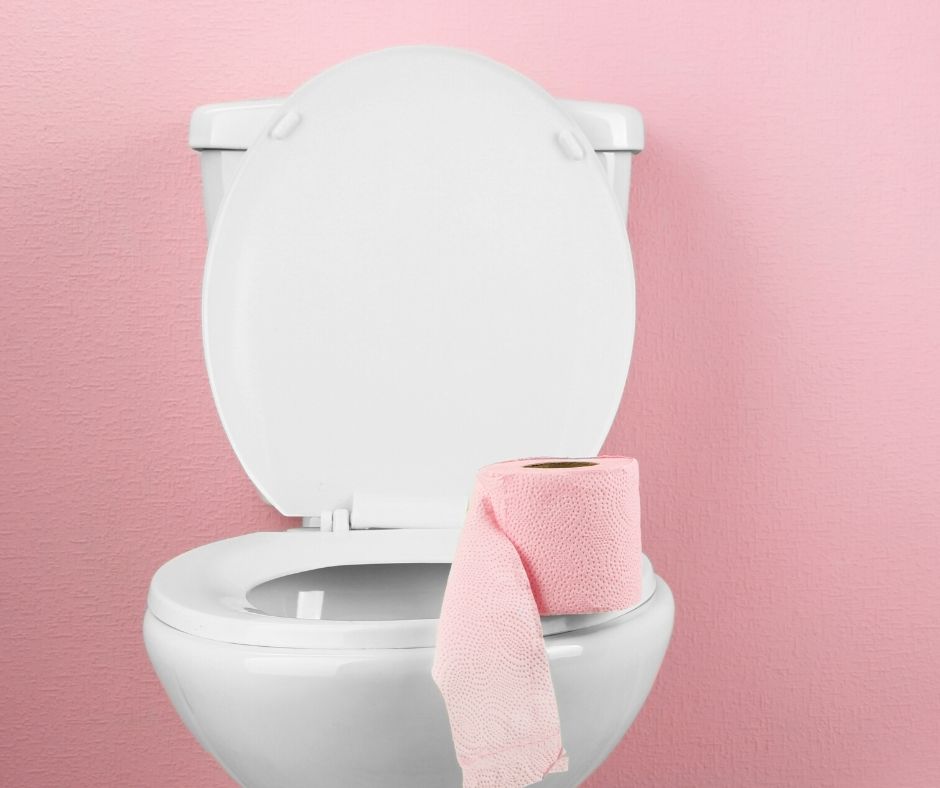|
A new toilet etiquette? Pre-moistened or “wet” wipes have long been used for babies and potty-training toddlers but have recently become widely marketed and popular for adults looking for a more, ahem, thorough cleaning. While this “one-two” process of using wipes and toilet paper is solving one problem it is creating another, potentially significant one for your plumbing system as well as municipal sewer treatment utilities. No Marketing Material Concerning Potential Sewer Back-up Issues?Industry giants are marketing the use of “flushable” wipes with the goal of encouraging the open display of wet wipes on toilet tanks as a way of encouraging ever more widespread use of what, for most consumers, is a somewhat embarrassing product. In fact, sales of wet wipes for adult use is a booming business and this is creating massive problems for homeowners and municipal utilities. Plumbers and sewer treatment utilities will tell you that wipes are not the only product found in clogged pipes:
All cause serious problems for your home as well as community and municipal plumbing systems. In fact, there are only three things that should be flushed down your toilet known as the three “Ps”; pee, poop and (toilet) paper. Are You Creating The Conditions For A Sewer Back-Up at Home?So-called “flushable” items may go down the toilet just fine. But the problem may happen in your sewer pipes “down line”. The reason is that tree roots are able to penetrate many sewer pipes at the joints. Once inside, roots spread out and create a net that catches the materials going through the pipe. For standard toilet paper this isn’t much of an issue as it dissolves in just a few minutes. Some of the new super- thick toilet paper requires as much as 24 hours to dissolve. But many items such as wipes, paper towels and the like may not dissolve for weeks, months or even longer. Clogs like this can cause sewage to back up into your home and most homeowners are not insured for this kind of damage. You should definitely talk to your insurance agent about adding sump-pump failure and sewer back-up coverage to your policy if you don’t have it. It is typically quite affordable and is coverage you do not want to be without! And even if you dodge the bullet of a sewer back- up you could easily spend hundreds of dollars to have your plumber remove the blockage. Sewer utilities are spending hundreds of thousands if not millions of dollars to service or replace pumps that get clogged by these items and then overheat and burn up. Some are installing screens and/or heavy duty grinders to chew up wipes and other “flushables” before they hit the pump. Many crews are diverted from regular and necessary maintenance work performing “de-ragging” maintenance to clear pumps of these items. Needless to say, all of these actions are expensive and those costs are borne by the taxpayers in the form of increased taxes and fees. Many communities and waste water agencies are now conducting campaigns to educate citizens about what should, and shouldn’t, go down their toilets. What to Do in Case of Sewer Back-Up?In the event of a sewer & sceptic back-up, or toilet overflow, contact certified specialists able to deal with any water damage category including black water flooding.
0 Comments
Leave a Reply. |
AuthorMike McCullough is the owner of County Action Restoration Archives
March 2021
|


 RSS Feed
RSS Feed